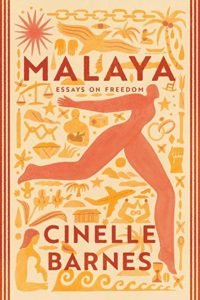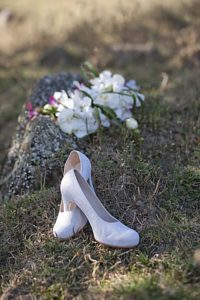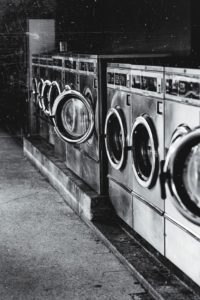
Malaya, Essays on Freedom. By Cinelle Barnes. Forthcoming October 28, 2019 from Little A.

In her first book, Monsoon Mansions, Cinelle Barnes wrote of her childhood in Manila, and how her family and her life fell apart after her father left and her mother remarried. Her second book, of essays on freedom, takes us into a world that is all around us, the world and life of undocumented immigrants. “No citizen, left wing or right wing, really knows the nothingness, the nonbeing, undocumented young adults constantly live with and anticipate.”
Barnes came to the United States as a young teenager to live with and be adopted by her widowed aunt. After adoption, she would become a citizen. She was an A student at her arts high school, a star player on the soccer team. But there was a glitch in the legal proceedings: her adoption was not finalized until shortly after she turned seventeen. That delay changed everything for her; her entitlement to US residency and citizenship disappeared after age sixteen. Suddenly Barnes was an undocumented immigrant, and fell into that underworld of people who survive by any means necessary.
Barnes had many family members in the US, and she left her aunt’s home to move in with her sister, to a two-bedroom apartment that was home to thirteen new immigrants. The sudden switch was too much for Barnes. “[M]y spirit or gumption or essence departed from my body.” She became virtually paralyzed, hiding in her bed, unable to function.

image: Craig Adderley pexels.com
“My sister, who was already like a mother to me, intuitively acted as my physical therapist. Ever wary of talking about mental health, as most Filipinos her age were and still are, she committed herself to my functional recuperation.”
Her sister insisted that Barnes join her in her work. “She forced me to move my body. She said that I should clean houses with her and our brother, convinced that if I could hold a brush and get into the rhythm of scrubbing in an up-down-up-down motion, I could get better. I scrubbed grout on my first day.” She moved on to washing windows with a circular motion, then vacuuming, moving rhythmically, making patterns in the carpet.

image: rawpixel.com pexels.com
We know that exercise heals our spirits as it strengthens our bodies. The hard labor and repetitive movements had neurological as well as more general physical effects. With her strength and renewed energy, she and her siblings took on more jobs, and their small business prospered.
Barnes remained undocumented, finishing high school, graduating from college at 23, all the while working long hours to support herself, as a house cleaner, a nanny, a laundry attendant, a supervisor in a coffee shop staffed mostly by undocumented workers. She and a friend started a sewing business, designing and making custom wedding accessories and selling them on the internet, but the business became so successful they could not keep up with it, and as undocumented workers they had no access to financing to expand the operation.

image:banksexpectbestfrompexels_
Marriage to her long-time boyfriend, an American citizen, put her back on the path to naturalization. Even the happiness of the wedding with friends in Central Park was clouded by the marriage license clerk who had interrogated her, suspecting the marriage was a fraudulent green card scheme.

image: pixabay pexels
Barnes vividly pictures her experiences. As a nanny, she was a confidante to the children’s mothers, who told her all about their lives while knowing little of hers. She enjoyed the unbalanced friendships, where she was welcomed into privileged worlds of museums and theater. At the same time, she felt kinship with the other Filipina domestic workers she encountered. “I wanted them to hold on to the idea that a young Filipina could maybe, maybe, one day write about the Filipino immigrant experience—that maybe, maybe, one day, someone would write about them and acknowledge their sacrifices.”

image:nationaldomesticworkersalliance.jpg
In the laundromat she was under time pressure to wash many loads of sometimes disgustingly soiled clothing while restricted to the few machines not reserved for the self-serve customers.

image:adrienneandersen pexels.com
She found something like a home in a Greenwich Village café, where most of the young workers were undocumented, from all over the world, and the sympathetic owner quickly put her in a management position when he recognized her skills. But they were all traumatized when the immigration authorities raided the café and arrested one of the cooks.
As a teacher and writer, Barnes has studied trauma and the mental health of immigrants. She brings us thoughtful understanding of the psychological effects of her experiences. Malaya is a vivid, insightful picture of life in the shadows of our immigration system, as well as a portrait of an exceptional woman who overcame many obstacles to achieve the life she wanted. It is particularly compelling reading now, as chaos and cruelty rule our borders.


Thank you so much for this wonderful that felt like a salve to my soul. Thank you.